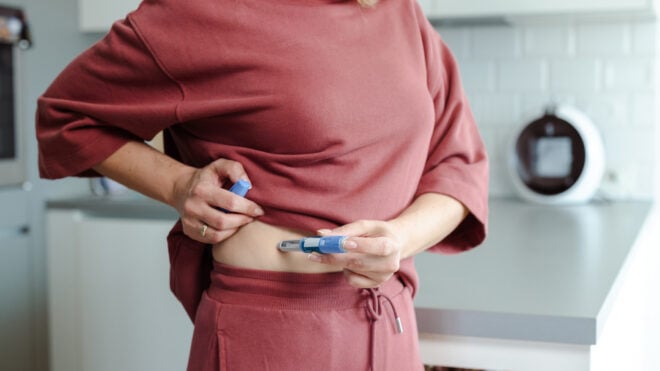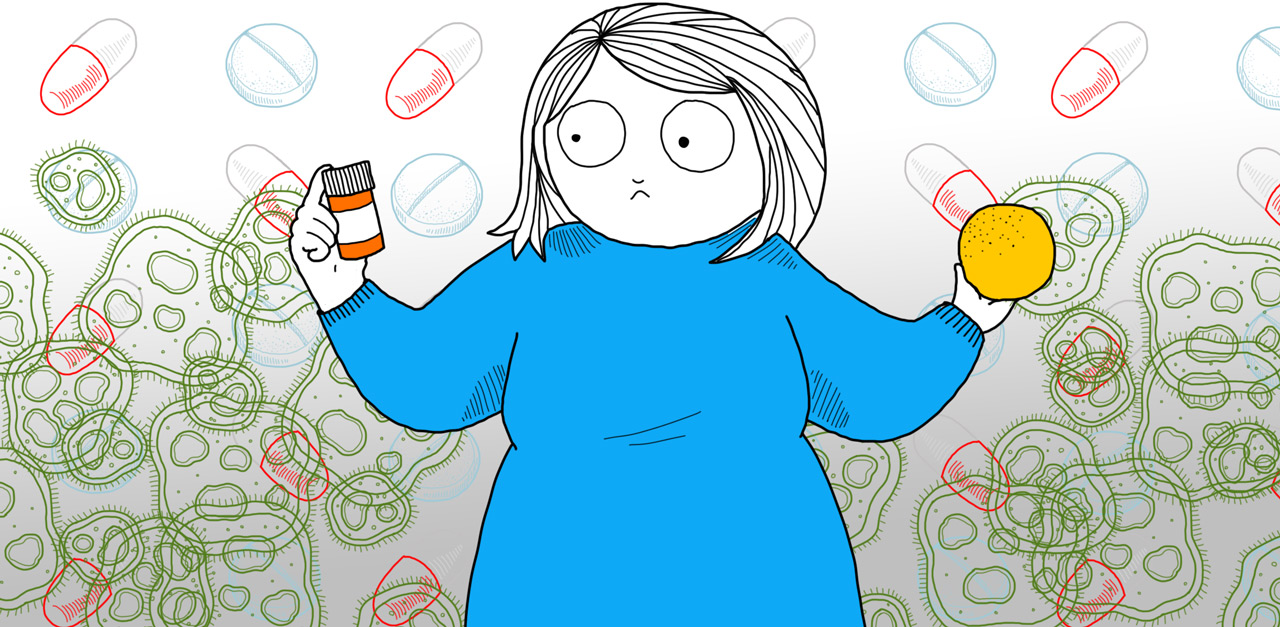
One of the greatest advances in modern medicine was the introduction of penicillin.
Before Alexander Fleming discovered penicillin in 1928, hospitals were full of now-treatable illnesses like pneumonia, rheumatic fever, and blood poisoning, explains the American Chemical Society (ACS).
But Fleming realized that penicillin could kill a number of harmful bacteria and changed the medical world.
Now, penicillin is just one of many antibiotics we use on a regular basis. These medications are used for everything from acne to life-threatening illnesses.
Most people are prescribed antibiotics for bacterial infections like ear infections, urinary tract infections, strep throat, and certain types of pneumonia.
Taking antibiotics seems pretty straightforward, but there are actually a number of things you shouldn't do while taking this type of medication.
Read below to find out more about antibiotics, what they treat, and how to take them so that they work effectively.
Photos: Laura Caseley for LittleThings; pixnio
What Are Antibiotics?
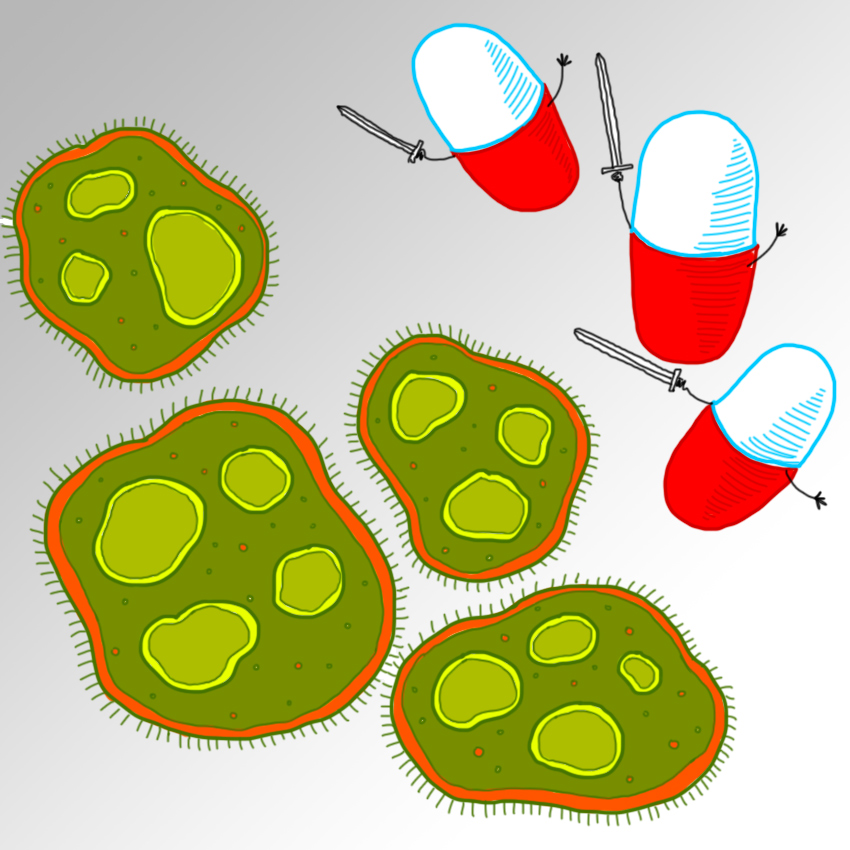
Most of us have been prescribed antibiotics at some point in time, but many of us don't know what antibiotics actually are.
According to the U.S. National Library of Medicine, "Antibiotics are powerful medicines that fight bacterial infections. Used properly, antibiotics can save lives. They either kill bacteria or keep them from reproducing. Your body's natural defenses can usually take it from there."
What Are Antibiotics Used For?
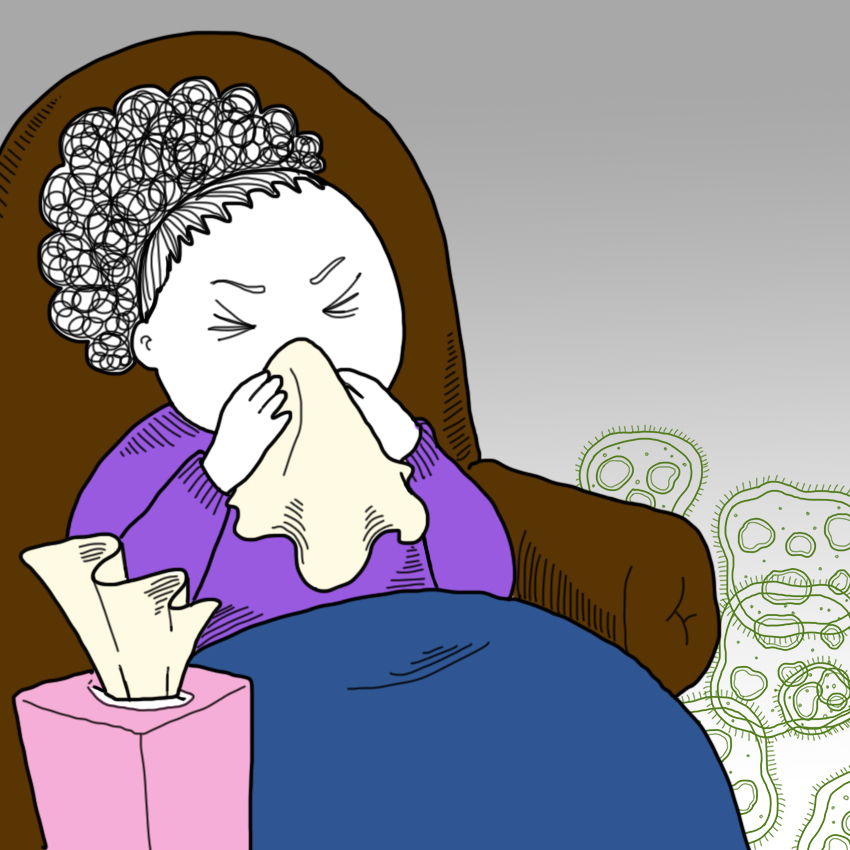
Antibiotics are only used for bacterial infections, not viruses, explains the CDC.
A few things that antibiotics can't treat are colds, the flu, most coughs, sore throats, and bronchitis.
Things You Shouldn't Do While Taking Antibiotics #1: Rely On Birth Control Pills
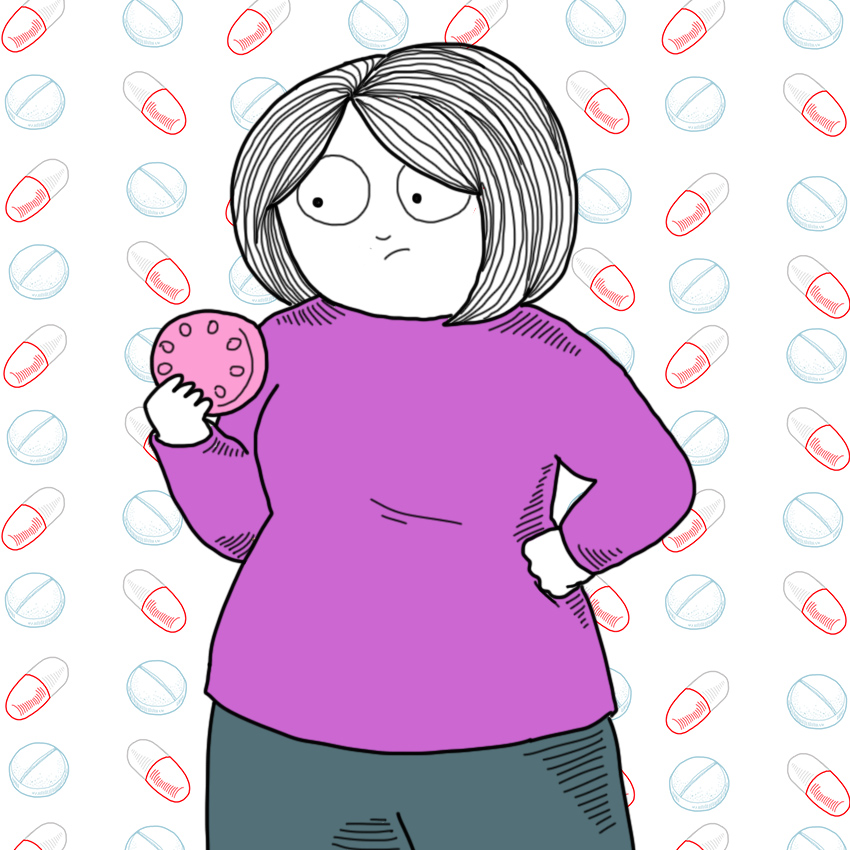
When you're on antibiotics and birth control pills, you should make sure to use an alternate form of birth control as well.
The UK's National Health Service (NHS) explains, "Some antibiotics, such as rifampicin and rifabutin, can reduce the effectiveness of the combined oral contraceptive pill."
If you're using the pill, and your doctor prescribes you antibiotics, ask them about other birth control methods.
#2: Drink Alcohol
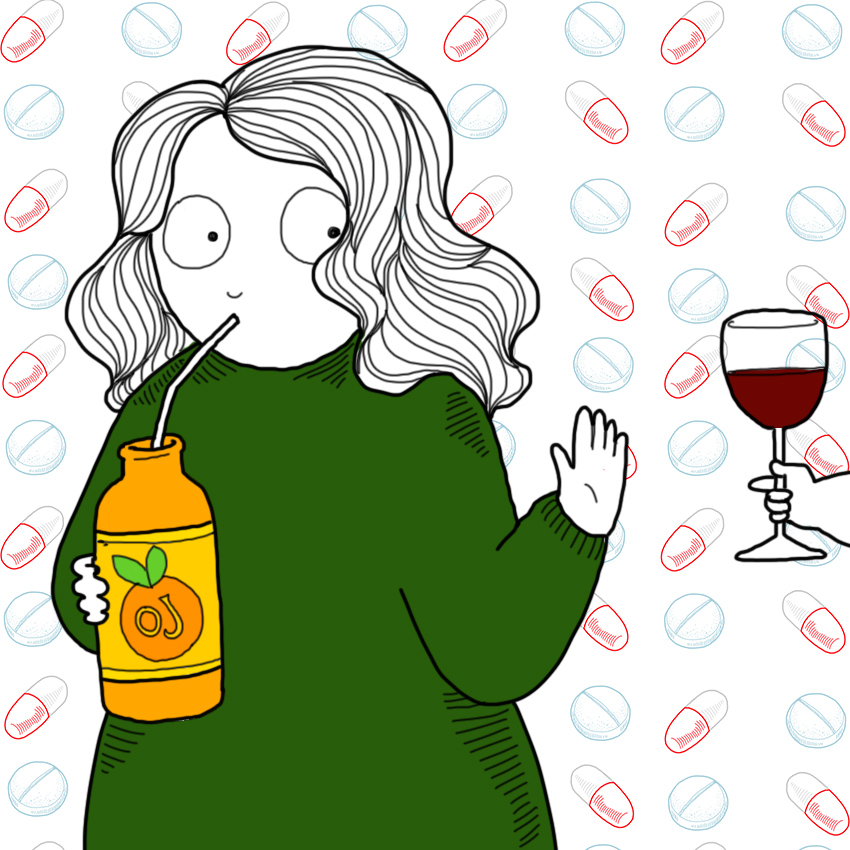
Some people know they shouldn't drink while taking antibiotics, but most of us don't actually know why.
According to the Mayo Clinic, "Antibiotics and alcohol can cause similar side effects, such as stomach upset, dizziness and drowsiness. Combining antibiotics and alcohol can increase these side effects."
Certain antibiotics may result in a severe reaction, like headache, nausea, vomiting, flushing, and having a rapid heart rate.
Most antibiotics are still effective with alcohol, but you may recover from illness more slowly.
#3: Eat Before Checking The Label
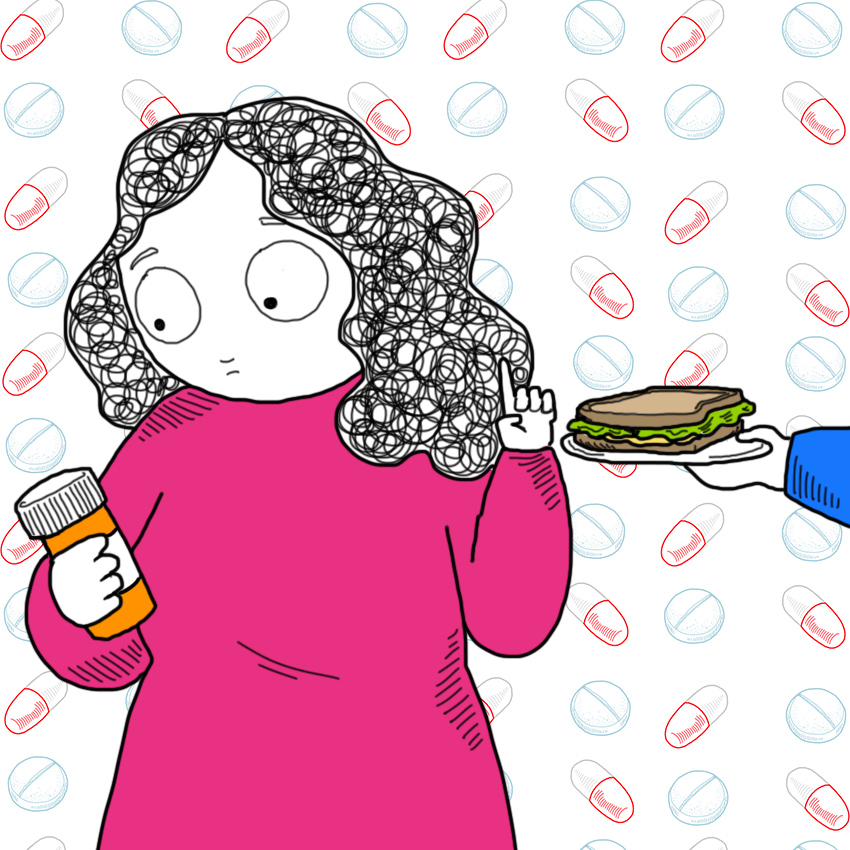
In an interview with Women's Health, Dr. Keri Peterson explained exactly why you should read the medication label before eating.
She said, "Some antibiotics, like augmentin, need to be taken with a meal to avoid stomach upset, while others, including penicillin (used to treat bacterial infections), need to be taken on an empty stomach to improve absorption."
#4: Forget About Probiotics
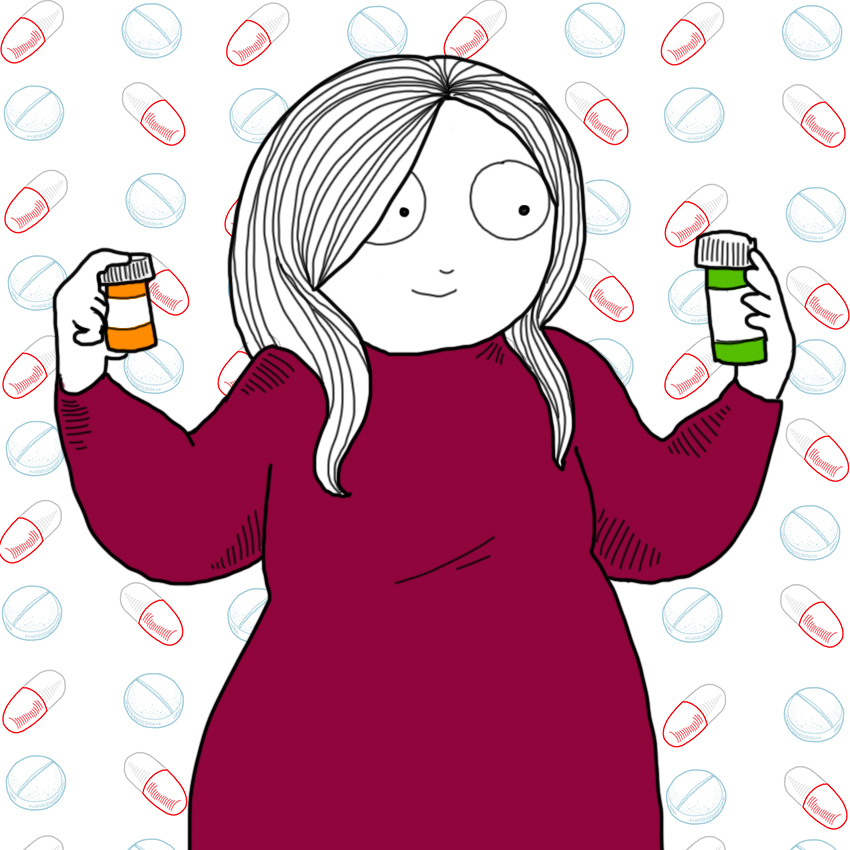
Probiotics, which are live microorganisms that are intended to have health benefits, can help keep your gut in check while you're taking antibiotics, explains Dr. Peterson.
Since antibiotics can kill off the good bacteria in your intestines, they can cause diarrhea. Taking probiotics at the same time may help balance out your digestive system — but always ask your doctor about it first.
#5: Eat Grapefruit
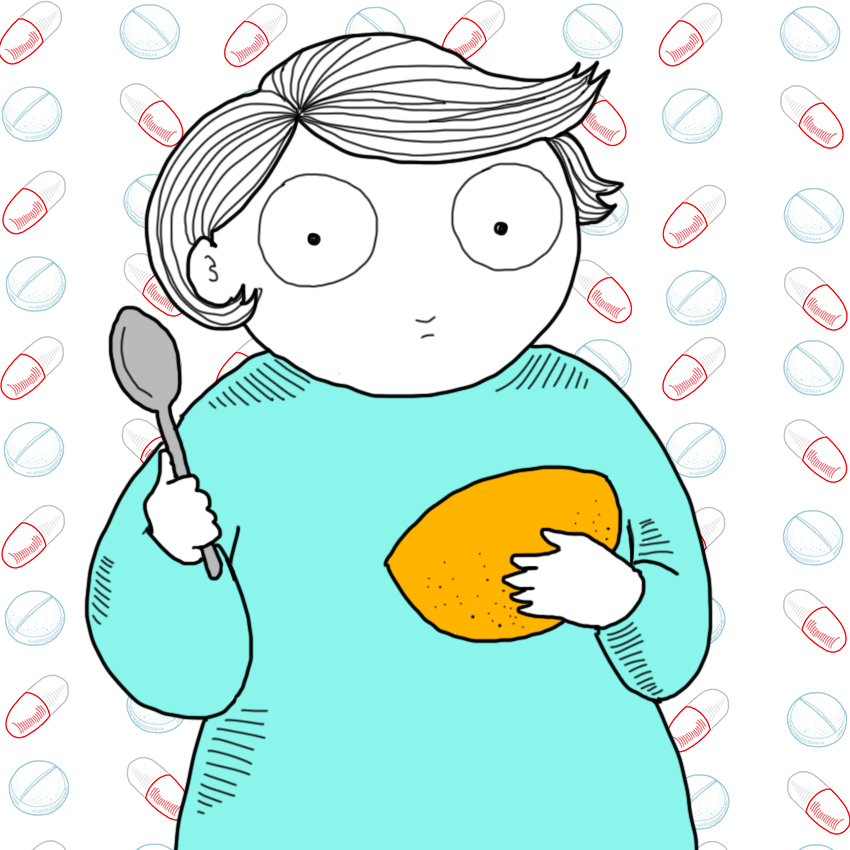
This might come as a huge surprise, but grapefruit can actually cause problems when it comes to antibiotics.
Grapefruit can interact with 85 different drugs, NPR reports, including some common antibiotics.
The FDA reports that grapefruit may negatively interact with some drugs, so you should always check with your doctor before eating this citrus fruit while on medication.
#6: Stop Taking Medicine Early
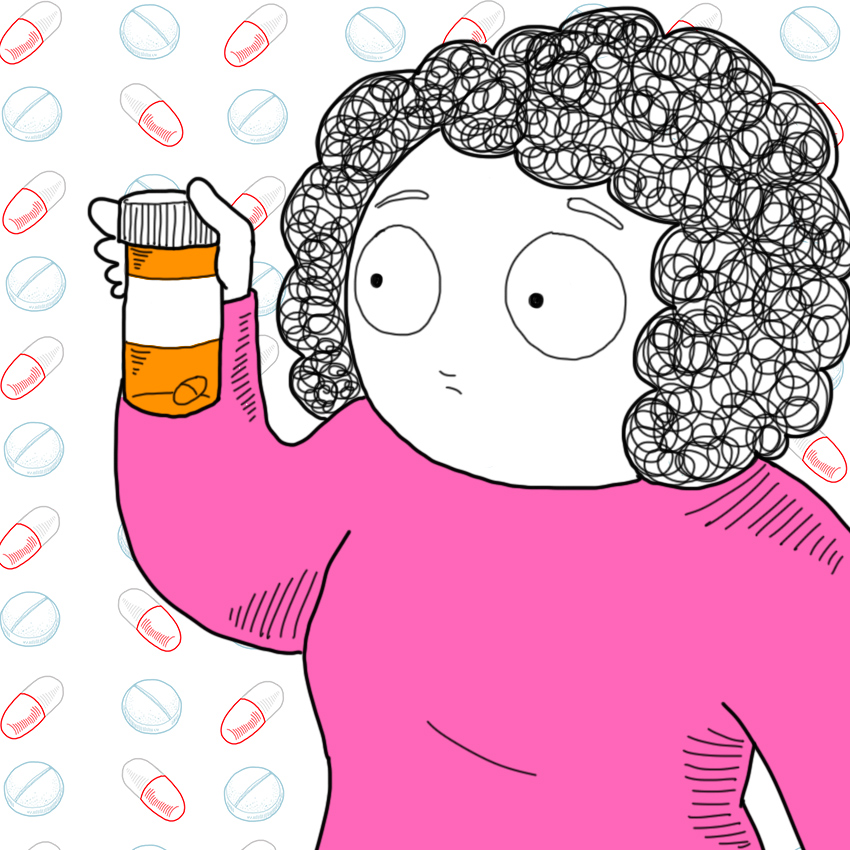
Many people feel the effects of antibiotics within just a few days, but that doesn't mean you should stop taking them.
The U.S. National Library of Medicine says, "It is important to finish your medicine even if you feel better. If you stop treatment too soon, some bacteria may survive and reinfect you."
If you think everyone should know more about taking antibiotics, please SHARE this article with your friends!

